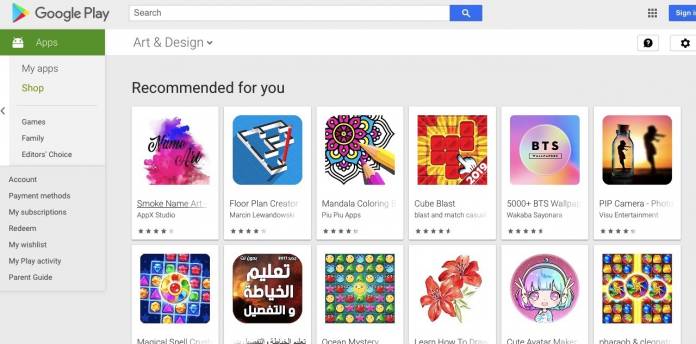
The Android community promises to keep things safe and secure for all consumers. That is a nice promise but it’s not that easy. The Android developers have been working to improve on security. There have been enhancements but the team still needs to check on many things. Rolling out monthly security updates and patch levels help especially for the latest Android phones. However, they don’t guarantee problem-free and bug-free systems. Good thing more Android mobile security efforts are being introduced to help keep consumers safe.
Just last month, Google has announced the roll-out of new privacy and security tools. Google and Android developers will also continue to fight spammy and malicious apps. You see, there are certainly lots of malware available and undetected by the Play Store and even OEMs.
Right on the Play Store, malicious Android apps get inside. Google is keeping security measures tighter but unfortunately, many can still get in. A recent study has discovered that about 2,000 mobile apps are counterfeits.
These fake apps can be harmful to systems and devices. Google doesn’t manually screen mobile app because there are automated processes that check them. This move is less than ideal because not all bad apps are detected.
A two-year study focused on apps on the Google Play Store has concluded recently. Researchers from Data61 from CSIRO and the University of Sydney have discovered there are apps the look similar. Almost 50,000 copycat apps were detected. Most of them can be considered malware.
University of Sydney’s Dr. Suranga Seneviratne shared, “Many fake apps appear innocent and legitimate – smartphone users can easily fall victim to app impersonations and even a tech-savvy user may struggle to detect them before installation.” Some 2,040 mobile apps are considered as high-risk while 1,565 apps ask for “dangerous” permissions. About 1,407 embed third-party ad libraries.
Copycats abound in the Play Store because they are easy to do. Most people don’t check if they’re downloading the correct apps or if they are from legit publishers. This particular discovery is a warning not only to us consumers and developers but also to Google especially.
Security and censorship must be enhanced further. Whatever Google and the Android team are doing right now, they certainly don’t work. Do note this study doesn’t have any biases because it’s been actually partially funded by Google.









